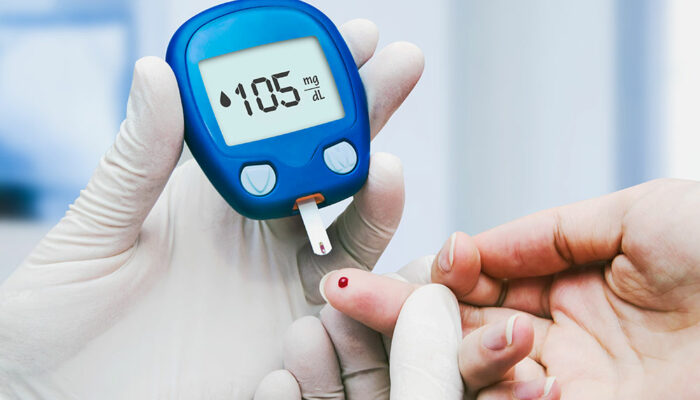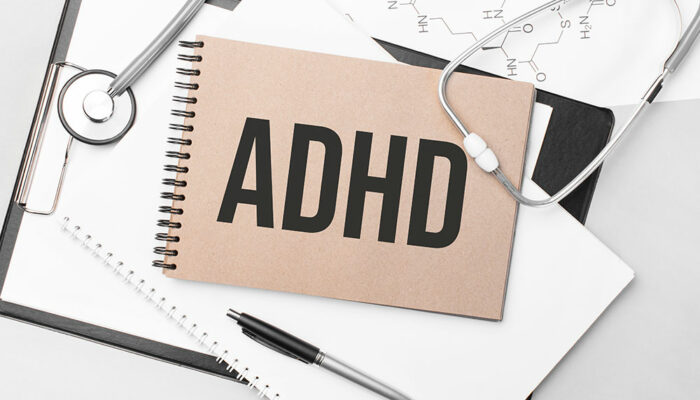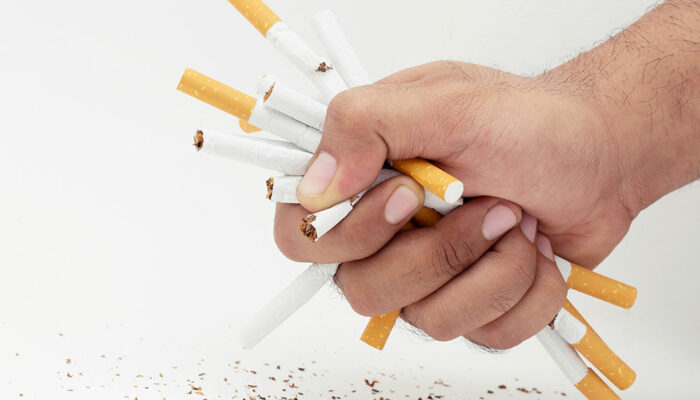
health
Dehydration – Diagnosis, stages, and prevention
Your body requires to have a certain amount of water present in it at all times. Without it, the body cannot perform at its best. The lack of water in the body is known as dehydration, which can lead to various other problems. Dehydration can be mild, moderate, and even severe, which can lead to serious health problems. Hence, you must drink enough water throughout the day. How to diagnose dehydration The signs of dehydration can help you diagnose if you are suffering from the condition because of the lack of water in your body. The mild form can result in thirst, dry mouth, not peeing regularly, dark yellowish pee, dry skin, muscle cramps, and headache. If you continue to suffer from dehydration, the symptoms will get more serious. Your pee will get even darker and your skin can become extremely dry. You will also experience a lack of energy, sleepiness, sunken eyes, rapid breathing, faster heartbeat, irritability, dizziness, and fainting. The symptoms of dehydration in babies can include having no tears, dry mouth, dry diapers for hours, a lack of energy and, sunken cheeks, among others. Your body naturally loses water due to sweating, peeing, and the secretion of saliva.











